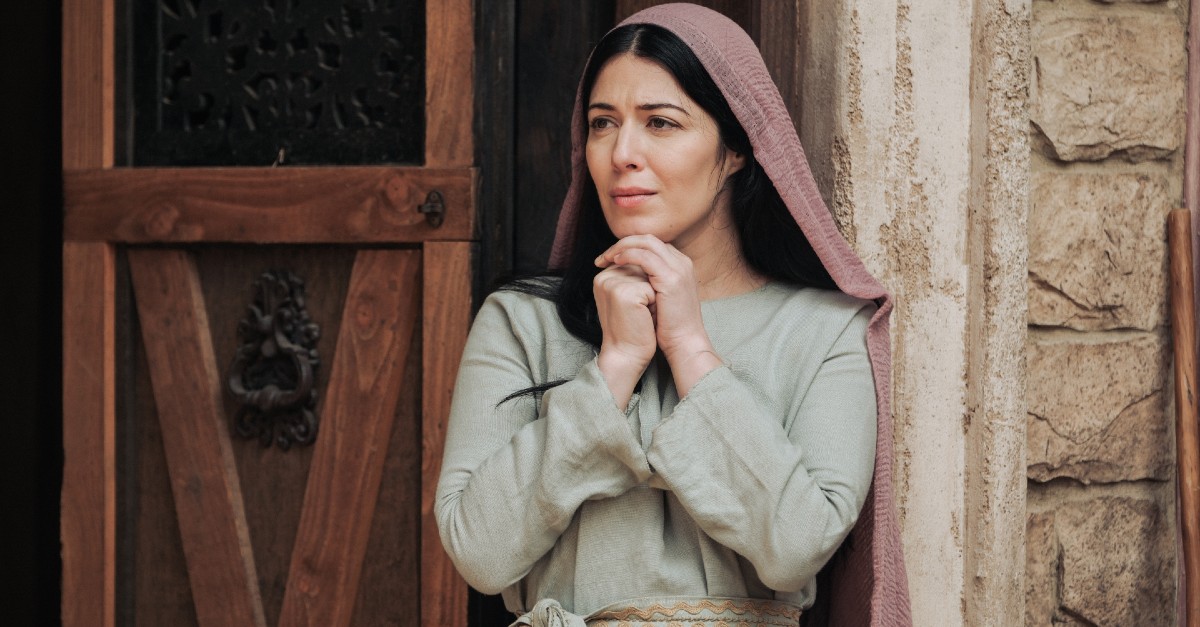#MuslimGirlRamadanBookClub Day Four: Juz Four Takeaways
Juz four is important and sometimes controversial. Today's #MuslimGirlRamadanBookClub series taps into some crucial details in Juz four.

This Juz is an important and sometimes controversial one. It is titled “Women” as it outlines the rights of women. Other topics are also explored such as the concept of orphanages and how to take care of them as well as inheritance laws and justice. Today’s #MuslimGirlRamadanBookClub series taps into some of the most crucial details in Juz four.
Islamic inheritance laws state that both males and females have a right to inheritance from their parents and close relatives. There are specifics on how much is given to parents, children, and spouses.
Another important aspect mentioned in this Juz is that men have the duty to be protectors and providers of women in Islam. This is highly important in marital relationships.
There is also a mandatory purification process in regards to prayers which is called ablution. Being impure and unready for prayer includes being intoxicated, having done sexual activity prior without getting cleansed (i.e taking a shower), or not being clean at all. There are alternatives provided for when one is in a situation where they are unable to find water to perform ablution.
Here are my main takeaways from Juz four, An-Nisa.
Believing in fate (Qadr)
Allah SWT tells us in this Juz that things happen because they are fated to happen — whether they are good or bad.
Wherever you may be, death will overcome you – even if you were fortified towers. When something good befalls them, they say, “This is from God,” but when something evil befalls them, they say, “This is from you.” Say, O Prophet, “Both have been destined by God.”
— Quran (4:78)
This verse provides the explanation for the concept that “everything happens for a reason”. Divine destiny is the work of Allah SWT and we must be willing to accept whatever comes our way, whether it’s God’s will or our own shortcomings.
Forgiveness
Allah SWT teaches us in this Juz not to lose hope in him even if we have wronged ourselves for a long time. All sins have the capacity to be forgiven by Allah SWT except the unforgivable sin of associating others with Him in worship (shirk).
Whoever commits evil or wrongs themselves then seeks God’s forgiveness will certainly find God All-Forgiving, Most Merciful. And whoever commits a sin – it is only to their own loss. God is All-Knowing, All-Wise.
— Quran (4:110-111)
Forgiveness is a significant aspect in Islam. It is encouraged for Muslims to be forgiving individuals. One of the major ideas that is present in Islam is that Allah SWT is the most Merciful. The unforgivable sin is brought up several times and it is when one associates others in their worship with Allah SWT. In Islam, there is only one God worthy of worship alone.
Defending your cause
Allah SWT encourages us in this Juz to focus on pursuing heaven through standing up for what is right and justice.
Let those who would sacrifice this life for the Hereafter fight in the cause of God. And whoever fights in God’s cause – whether they achieve martyrdom or victory – we will honor them with a great reward.
— Quran (4:74-75)
This verse gets misinterpreted a lot, especially by Western media. This verse is often used by extremist political groups and Islamophobes to spread the rhetoric that Islam is a religion that promotes violence. To me, this aligns more so with fighting against oppression which is a concept that shows up many times throughout the Quran. Resistance may be violent at times, but it is because oppression often is too.
This Juz is quite straightforward in regard to what its purpose serves, which is to explain the rights of women in Islam and other important matters on marriage, inheritance, prayer, etc.
I find that this chapter often gets misused to spread harmful rhetoric that promotes Islamophobia when in reality, it’s just outlining information in the most basic way. Interpretation is important but it’s important to remember that the Quran has not been changed since its revelation and though translations of it may vary, the meaning is quite direct.
What are your favorite takeaways from Juz four? Let us know on our social media platforms!
What's Your Reaction?






















![Canva Tutorial For Beginners | How to Use Canva Like PRO [FREE] | Canva Full Course](https://img.youtube.com/vi/yWJp7gQqCQ8/maxresdefault.jpg)
